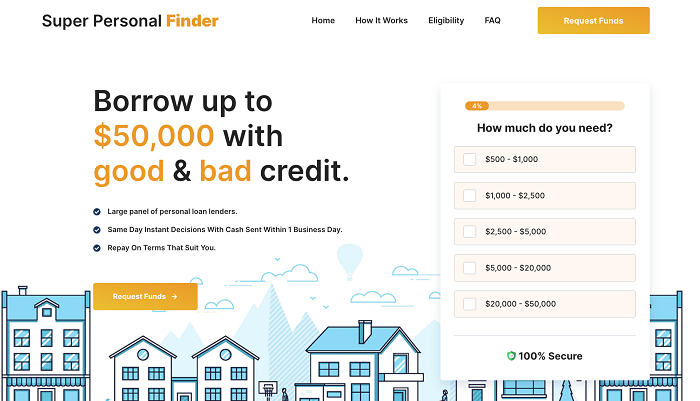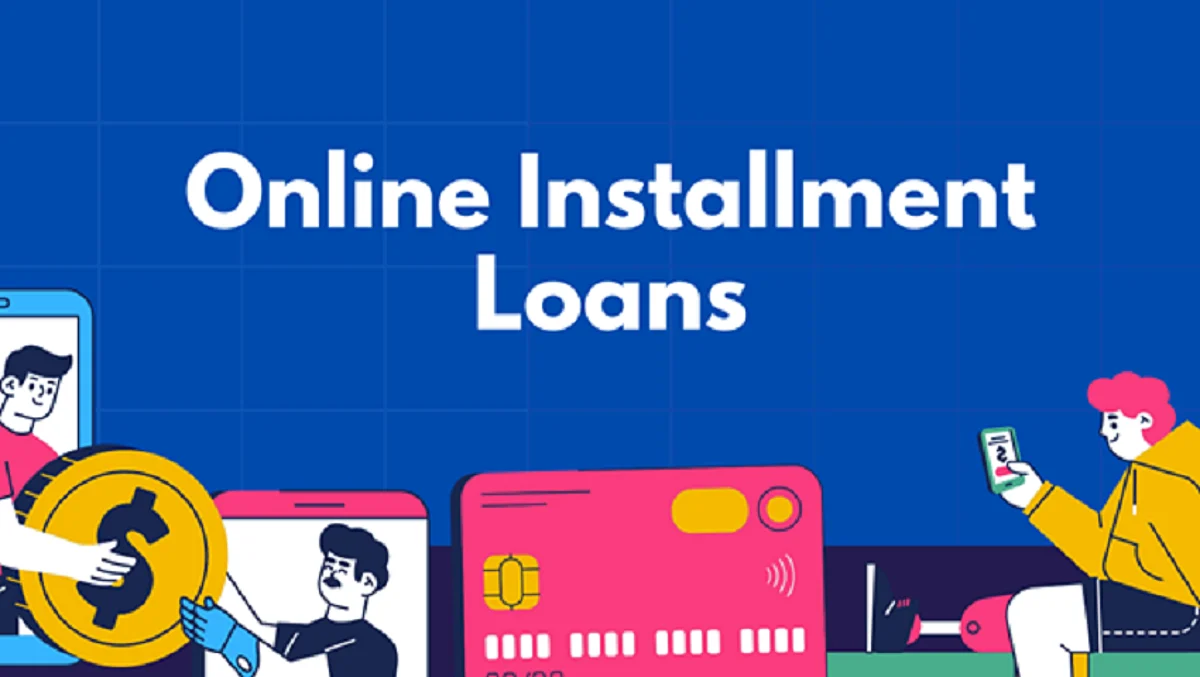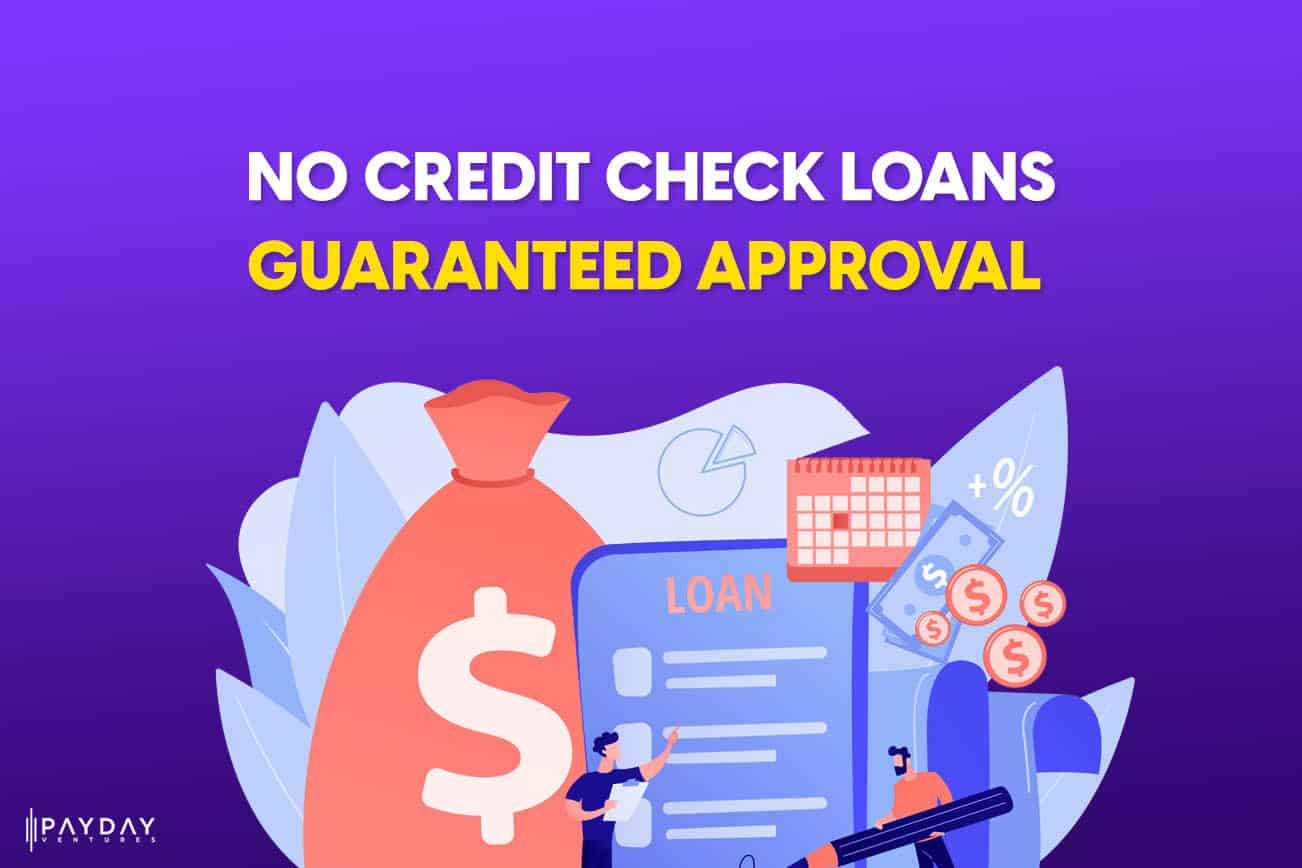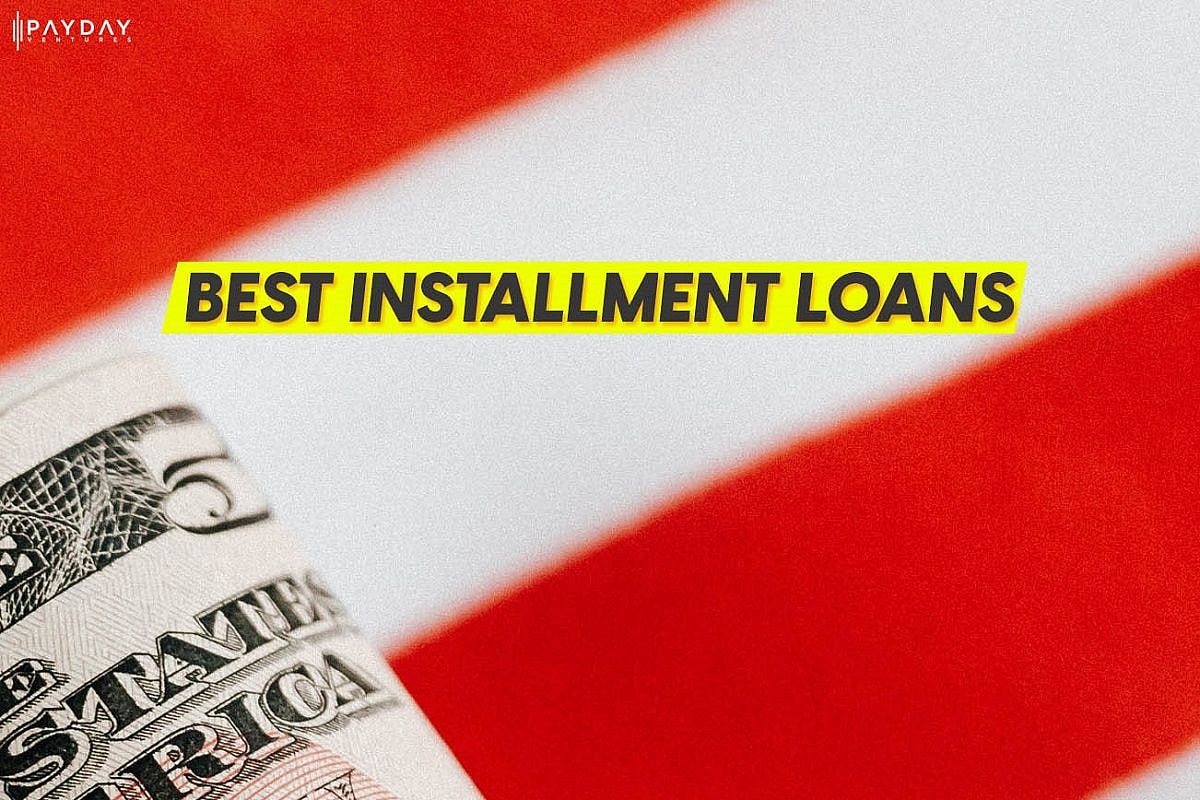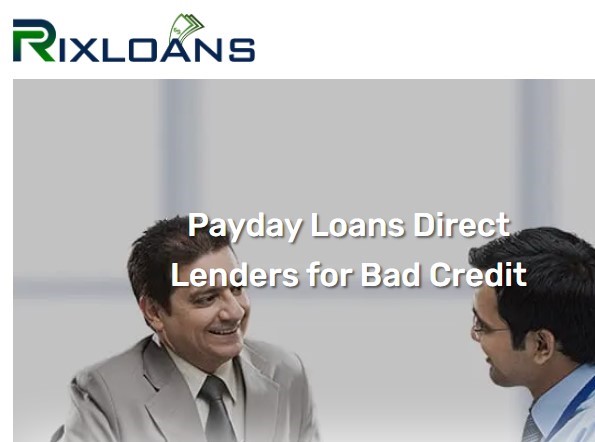Online No Credit Check Loans Direct Lenders

The proliferation of online no credit check loans from direct lenders has become a notable trend in the personal finance landscape, offering quick access to funds for individuals with limited or poor credit histories. This option, while seemingly convenient, raises important questions about its associated risks and benefits for consumers.
This article examines the mechanics of these loans, their potential advantages and disadvantages, and the regulatory environment surrounding them. The goal is to provide a balanced perspective for those considering this form of borrowing. This exploration seeks to empower consumers with the information necessary to make informed financial decisions.
Understanding No Credit Check Loans
No credit check loans are short-term, unsecured loans that do not require lenders to perform a traditional credit check through major credit bureaus like Experian, Equifax, or TransUnion. Instead, lenders often rely on alternative methods to assess a borrower's ability to repay, such as reviewing bank statements, employment history, and pay stubs.
Direct lenders are financial institutions that provide loans directly to borrowers, cutting out intermediaries like brokers or loan marketplaces. This direct interaction can streamline the application process and potentially lower fees, although this isn't always guaranteed.
Who Uses These Loans?
These loans are commonly sought by individuals facing unexpected expenses, such as medical bills, car repairs, or rent payments. Those with low credit scores or limited credit history may find traditional loans inaccessible, making no credit check loans an attractive, albeit often more expensive, alternative.
Data from the Financial Health Network indicates that a significant portion of the U.S. population struggles with financial insecurity, making them vulnerable to predatory lending practices. The ease of access to these loans can be particularly appealing during times of financial stress.
The Appeal and the Risks
The primary appeal of no credit check loans lies in their speed and accessibility. Borrowers can often apply online and receive funds within 24-48 hours, making them a convenient option for urgent financial needs.
However, this convenience comes at a significant cost. These loans typically carry extremely high interest rates and fees compared to traditional loan products. These high costs can trap borrowers in a cycle of debt.
The absence of a credit check also means that lenders may not thoroughly assess a borrower's ability to repay the loan, potentially leading to over-borrowing and financial hardship. Responsible lending practices, as emphasized by organizations like the Consumer Financial Protection Bureau (CFPB), are often overlooked in this market segment.
Predatory Lending Concerns
Critics argue that many no credit check loan providers engage in predatory lending practices, targeting vulnerable populations with deceptive marketing and unfair loan terms. These practices can include excessive fees, short repayment periods, and aggressive collection tactics.
The National Consumer Law Center (NCLC) has consistently warned about the dangers of high-cost, short-term loans, including no credit check loans. They advocate for stronger regulations to protect consumers from exploitation.
Regulatory Landscape and Consumer Protection
The regulation of no credit check loans varies significantly by state. Some states have strict usury laws that limit interest rates, while others have more lenient regulations.
The CFPB has taken steps to regulate certain aspects of the payday lending industry, which often overlaps with the no credit check loan market. However, loopholes and variations in state laws continue to pose challenges to effective consumer protection.
Consumers should research the laws in their state and be wary of lenders operating outside of established regulations. Checking for licenses and reading online reviews can provide additional insights into a lender's legitimacy and reputation.
Alternatives to No Credit Check Loans
Before resorting to a no credit check loan, individuals should explore alternative options, such as seeking assistance from local charities, negotiating payment plans with creditors, or exploring personal loans from credit unions. These options often offer more favorable terms and lower interest rates.
Credit counseling agencies can also provide valuable guidance and support to individuals struggling with debt management. These agencies can help borrowers create a budget, negotiate with creditors, and develop a plan for long-term financial stability.
"Consumers should always carefully consider the terms and conditions of any loan before borrowing, and seek professional advice if needed," emphasizes a statement from the Financial Counseling Association of America (FCAA).
The Impact on Society
The prevalence of no credit check loans can have broader societal implications. High-cost lending can exacerbate income inequality and contribute to cycles of poverty within communities.
Additionally, reliance on these loans can hinder individuals' ability to build credit and achieve long-term financial goals, such as homeownership or starting a business. Education and awareness about responsible borrowing practices are crucial to mitigating these negative impacts.
Advocacy groups are pushing for increased financial literacy programs and stronger consumer protections to address the underlying issues that drive individuals to seek out these high-cost loans. They argue that a comprehensive approach is needed to promote financial well-being and prevent predatory lending.
In conclusion, while online no credit check loans from direct lenders offer a quick solution for immediate financial needs, they come with substantial risks. Borrowers must weigh the convenience against the potential for high costs and debt traps.
Understanding the regulatory landscape, exploring alternative options, and prioritizing financial literacy are essential steps for making informed decisions and protecting oneself from predatory lending practices. Ultimately, responsible borrowing and long-term financial planning are key to achieving financial stability.

